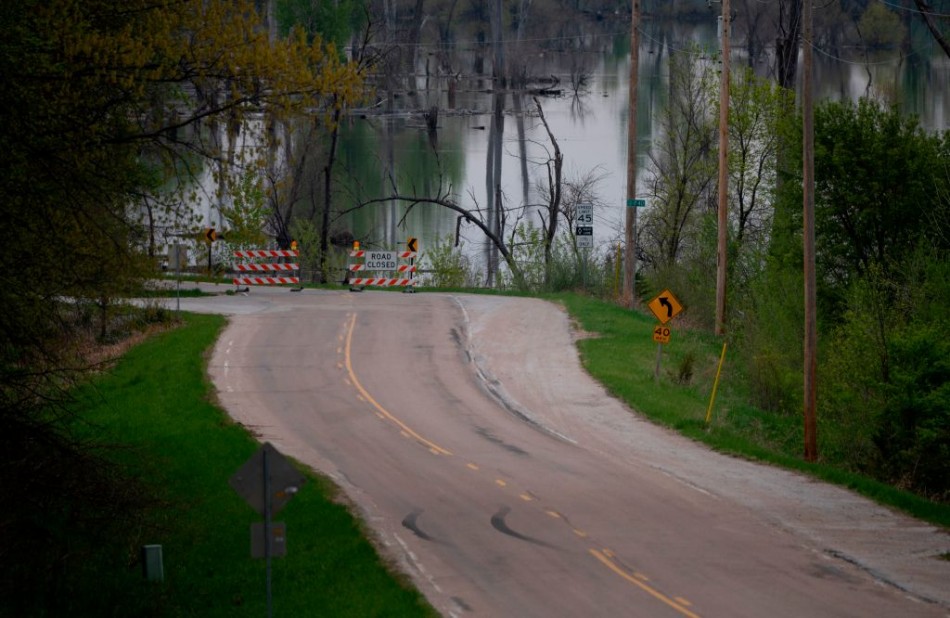Infection from Brain-Eating Amoeba Likely Caused Child to Die After Swimming in the River

A child who went swimming in the Elkhorn River in Nebraska on Monday, August 8, might have likely died from an infection caused by a brain-eating amoeba.
Reports from CNN stated that the child, who was not named, started presenting symptoms of a Naegleria fowleri infection five days after going swimming. At the onset of the symptoms, the child was admitted to the hospital within 48 hours but died a few days later.
Douglas County infectious disease expert Dr. Kari Neemann said that Naegleria fowleri infections are extremely rare but fatal. Only up to eight cases of this brain-eating amoeba infection are identified every year. The cases typically rise between July and September, when shallow river water is warmer and slower in flow.
The child from Nebraska is the first known case of brain-eating amoeba infection in the state. The Douglas County Health Department said further tests will still be conducted to confirm the experts' assumptions.
Read Also: Mom Claims Brain Trauma Caused Her Son to Ram US Capitol Barricade and Shoot Himself
What are the symptoms of a Naegleria fowleri infection?
Naegleria fowleri is commonly found in many U.S. rivers and other freshwater bodies, particularly in the Southern states. While swimming in the river, these parasites can enter through the nose and eventually reach the brain, where the infection can fester. About 97 percent of cases can lead to death five days after the appearance of a symptom.
According to the U.S. Centers for Disease Control and Prevention (CDC), the symptoms of a Naegleria fowleri infection include headache, nausea, and fever, which can progress to the stiffness of the neck, seizures, hallucinations, and coma.
The CDC said that the best way to avoid contracting the infection is to refrain from doing any water-related activities in rivers. Unfortunately, there is no standardized method to detect the presence of the brain-eating amoeba in the water as this is naturally occurring, but local governments may post a sign near swimming sites to inform the public of the potential threats.
If water-related activities are not avoidable, individuals may refrain from going underwater or keeping their heads above the water. They may also need to use nose clips to protect themselves. The parasite is not likely present in swimming pools that have been properly disinfected.
Florida boy, 13, still fighting Naegleria fowleri infection after a month
Meanwhile, in Florida, a 13-year-old boy is still fighting the infection after more than a month's stay at the hospital. Caleb Ziegelbauer contracted the parasite in Port Charlotte and was taken to the hospital on July 1.
According to Newsweek, the teenager remained sedated and underwent a series of surgeries for a tracheostomy and a feeding tube fitting. He has been receiving blood transfusions for lowered red blood cells and has been taken off the ventilator to breathe on his own.
However, his brain scans are still showing "more damage than the previous scan," according to a friend of the family who organized a fundraiser for the Ziegelbauers. Though he has moved his feet and hands, his prognosis remains unclear.
Related Article: Horrified Family Discovers Children's Bodies Inside Suitcases in 'Storage Wars' Type Auction
© 2024 ParentHerald.com All rights reserved. Do not reproduce without permission.
